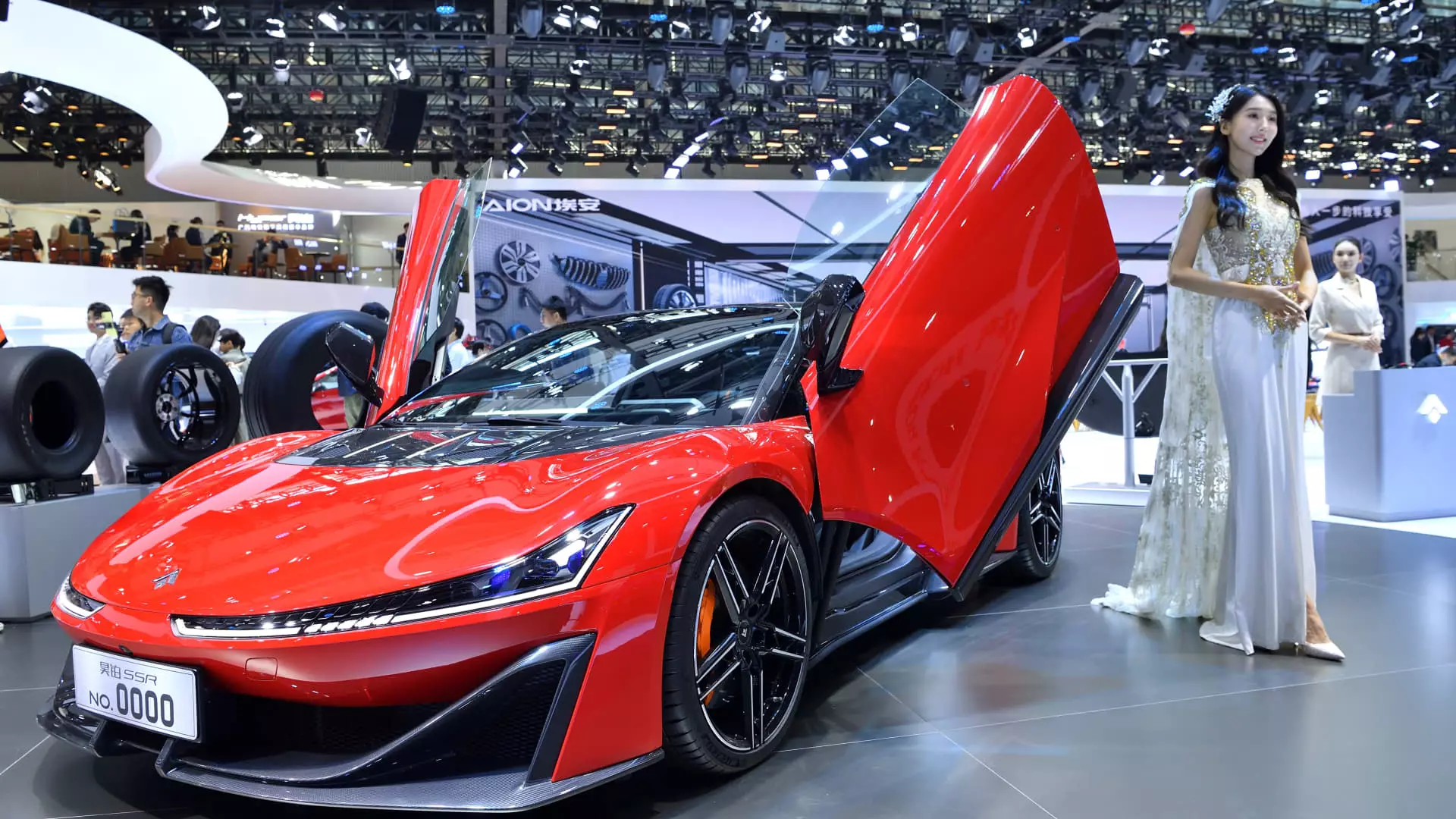A new report by AlixPartners suggests that Chinese automakers are on track to capture a significant portion of the global automotive market share by 2030. The report projects that Chinese automakers will hold 33% of the market share by the end of the decade, a substantial increase from their current 21% share. This growth is expected to come primarily from markets outside of China, with sales projected to increase from 3 million vehicles this year to 9 million vehicles by 2030, representing a growth from 3% to 13% of the market share.
The rapid expansion of Chinese automakers has raised concerns among legacy automakers and policymakers worldwide. There is a fear that the lower-cost, China-made vehicles will flood the market and undercut domestically produced models, particularly in the electric vehicle (EV) sector. The report highlights that Chinese automakers are expected to grow across all markets globally, but with a smaller expansion in regions like Japan and North America, where regulatory standards and tariffs present challenges.
AlixPartners predicts that Chinese automakers will achieve a 3% market share in North America by 2030, primarily in Mexico. In contrast, regions like Central and South America, Southeast Asia, the Middle East, and Africa are expected to see exponential growth in the market share of Chinese automakers. In their home country of China, domestic brands are projected to increase their market share from 59% to 72%.
Legacy automakers, such as General Motors, have faced significant challenges in China due to the rapid growth of the domestic automotive industry and the emergence of Chinese brands like BYD, Geely, and Nio. In Europe, where Chinese automakers have made substantial progress in recent years, their market share is expected to double from 6% to 12% by 2030. The competitive advantages of Chinese automakers, including cost efficiencies and tech-enabled vehicles, pose a threat to traditional automakers worldwide.
Chinese automakers have been able to establish themselves in global markets by leveraging cost advantages, localized production strategies, and highly advanced vehicles that cater to evolving consumer preferences. The report emphasizes that automakers sticking to traditional business models may face obsolescence, highlighting the need for a reevaluation of business development processes and the pace of vehicle innovation to compete with Chinese counterparts.
The rapid expansion of Chinese automakers in the global market poses a significant challenge to legacy automakers and policymakers alike. With projected market share growth and competitive advantages in cost and technology, Chinese automakers are set to disrupt the industry and reshape the automotive landscape in the coming years. Legacy automakers will need to adapt and innovate to remain competitive in this evolving market environment.

